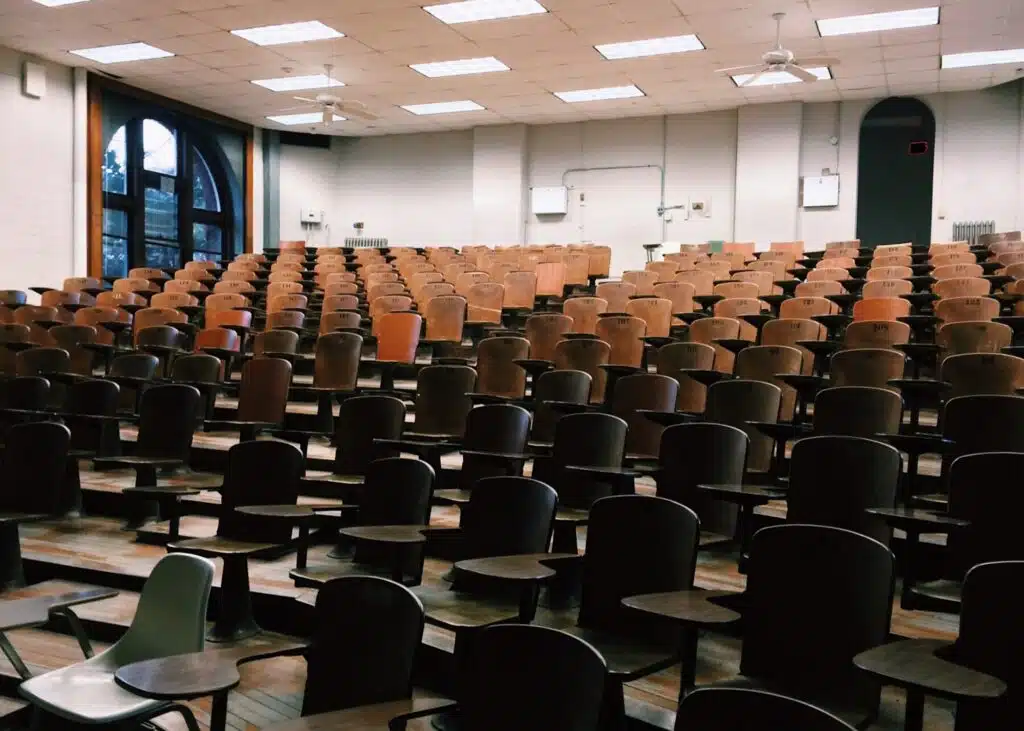
Chinese STEM Students Can Access Sensitive U.S. Research, Report Warns
One-third of foreign graduate students who study science, technology, engineering, and mathematics (STEM) at U.S. universities are Chinese nationals — and some of them can access sensitive research.
These Chinese students pose a greater risk than others of taking that research technology and giving it to foreign entities.
Staff at the U.S. Government Accountability Office (GAO) said so in a report last week. ICE agents, it went on to say, maintain a database to study and evaluate which students pose the greatest risks. That database, however, is incomplete and possibly out-of-date.
RELATED: Immigration Policies Enforced by Joe Biden Punish America’s Working Poor
“ICE’s foreign student and scholar database contains data on the number of graduate students from countries of concern for technology transfer, such as the People’s Republic of China (PRC). Graduate students studying in a science, technology, engineering, and math (STEM) field have also been identified as more likely to be involved in sensitive research,” the GAO report said.
“However, ICE has not established milestones to complete a required assessment of whether it needs to modify its database to collect additional data related to some risk factors, in part because it has focused available resources on other priorities.”
The GAO did not identify those other priorities.
“To safeguard university research from transfer for the benefit of the PRC and other countries, U.S. agencies that fund research increased investigations of researchers for fraud and failures to disclose potential sources of foreign influence, according to agency data. These investigations have resulted in the removal of individuals from research positions because of undisclosed affiliations, such as receiving funding from a PRC-affiliated institution,” the GAO report went on to say.
IN THE NEWS: NPR Puff Piece on Brad Raffensperger Overlooks His Questionable Judgement in Georgia
“While agency officials acknowledged concerns related to racial bias in their investigations involving China, they emphasized that no decisions are based on individual characteristics such as nationality or visa status. Officials also noted that the subjects of investigations were more likely to be permanent university employees than visiting foreign students and scholars.”
The federal government spends billions of dollars each year on research conducted at U.S. universities. Foreign students and scholars contribute.
“For example, about 723,000 Chinese nationals participated in graduate-level STEM programs from 2016 through 2020,” according to the GAO report.
Send story tips and other story suggestions to [email protected]



